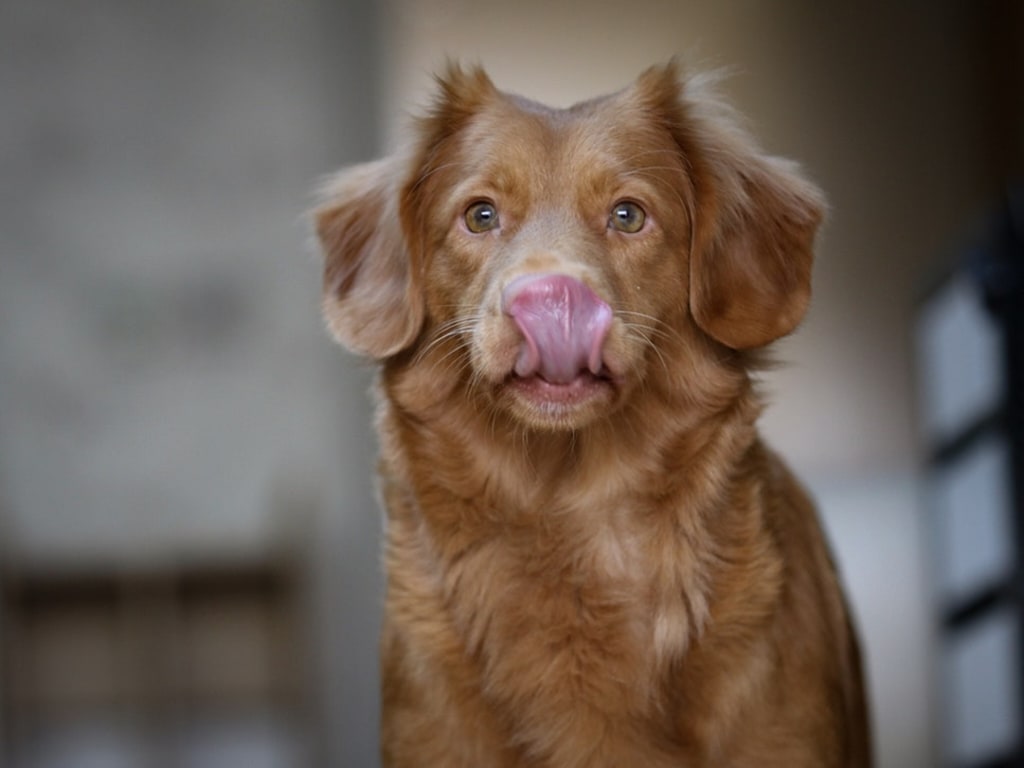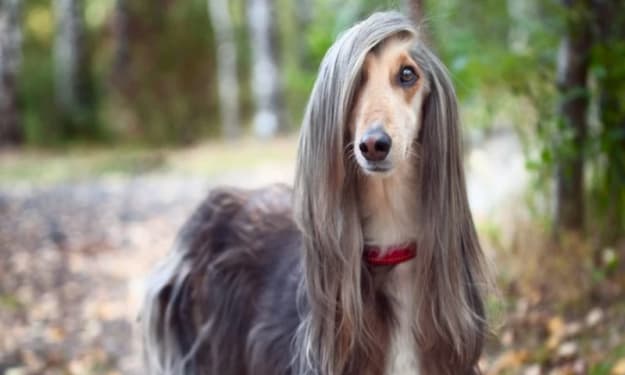Ever Considered a Vegan Diet for your Pup?
It's important to keep a few things in mind when it comes to drastic diet changes for your pup.

To Diet or Not to Diet?
With the new wave of vegan diets and healthy-alternative lifestyles, many pet dog owners are considering an animal-cruelty free diet for their pooches. So the real question is: can dogs be vegan?
To answer this, there are a lot of different facts that should be taken into consideration. Let’s give this a quick overview. If you ever paid attention in biology class you might know by now that dogs are part of the genus Canis, which is part of the wolf-like canids, and is the most known abundant terrestrial carnivore. So it is true, dogs can be quite carnivorous, just watch them while you smoke hot dogs in the backyard. They are uncontrollably lured by meat! Scientists from all over the world that have worked with animals and their diets take acknowledge studying the subject’s set of teeth and digestive tract. These give away a lot of information about the things they could naturally eat, or that have been part of their diet through their evolutionary milestones.
The Omnivorous Pup
Specialized vets, biologists, zoologists… and so on seem to never agree whether dogs could actually be vegan. But there’s one detail that suggests that this could be true. There are a few qualities that support this idea:
- Flat-surfaced molars are designed to grind bones and fibrous plant material.
- Dogs are able to digest the majority of carbohydrates they consume
- About 23 percent of the total gastrointestinal volume is occupied by the small intestine, which adds up to the average omnivores’ digestive tract.
- Dogs are capable of producing important nutrients like vitamin A from plants
So the discussion could be hypothetically settled to dogs being something in between, not entirely carnivores nor omnivores. Not black or white, but something in the middle. So dogs can definitely get nutrients from plants, which compose essential pieces in their diet, and from meat. Although meat is usually seen as high protein provider, plants too can accomplish this.
Dogs could be part of a non-strict vegan diet. Strict because it should only be administered as long as the diet includes all the minerals and proteins, which are important for the growth and sustainability of dogs. As a matter of fact, grains are not only add-ons to their food, but they are also nutritious components in their food pyramid. They work as great sources of protein, which could add the missing pieces from the meat absence. All in all, there shouldn’t be a problem with the initiative as long as it is kept balanced and of good quality.
There are a few foods that should be kept in mind before trying them on your dog. Remember that not all dog breeds will react the same. Bodyweight consideration is an important factor that will condition the end result of your pup’s diet. Here’s a list of foods that, as pet parents, we should be very cautious with, especially if you’re trying a new diet experiment.
Dogs should stay away from:
- Garlic and onions
- Both garlic and onions belong to the Allium family. When it comes to onions, thiosulfate, substance found in onions could be highly toxic. Regarding the garlic, it can also cause similar reactions when ingested, affecting the red blood cells. This happens when Alliums are absorbed into the gastrointestinal tract, which is when they release reactive oxidants.
- Nuts
- Nuts aren’t necessary for your dogs' nutrition. It is definitely something you might want to consider before trying it out on your pup. Although not strictly toxic, there’s a couple of reasons as to why they should be a big no-no. Pecans, macadamia and hickory nuts have seizure triggering toxins that might also affect the neurological system. Almonds can create a pretty upset stomach. Pistachios are high in fat, consequently, it could cause pancreatitis in pups. Walnuts could cause obstruction and seizures, while almonds are hard to digest resulting in stomach discomfort.
- Avocados
- Avocados have a toxic, fatty acid derivative called persin. It is present in the avocado’s skin, bark, seed, and leaves. When taken in high quantities it could be highly toxic to many animals, but not entirely toxin on dogs. There’s a big debate between people deciding on whether it should be a definite no on a dog’s diet. If you want to try it on your dog just make sure to consult your vet and keep an eye out.
- Potatoes
- So when it comes to potatoes it is safe to say that they are indeed okay, as long as they are fed in moderation, your pup will have no problem. It just shouldn’t be part of their main diet.
- Grapes and Raisins
- Grapes, green or purple. Doesn’t matter which ones; they could cause acute kidney failure during digestion.
About the Creator
Hermes Maldonado
Born and raised in Puerto Rico, Hermes is highly motivated by the arts and the digital world. He has a BA in Anthropology with an emphasis in Archaeology from the University of Puerto Rico and a MA in Advertising Barcelona, Spain.






Comments
There are no comments for this story
Be the first to respond and start the conversation.